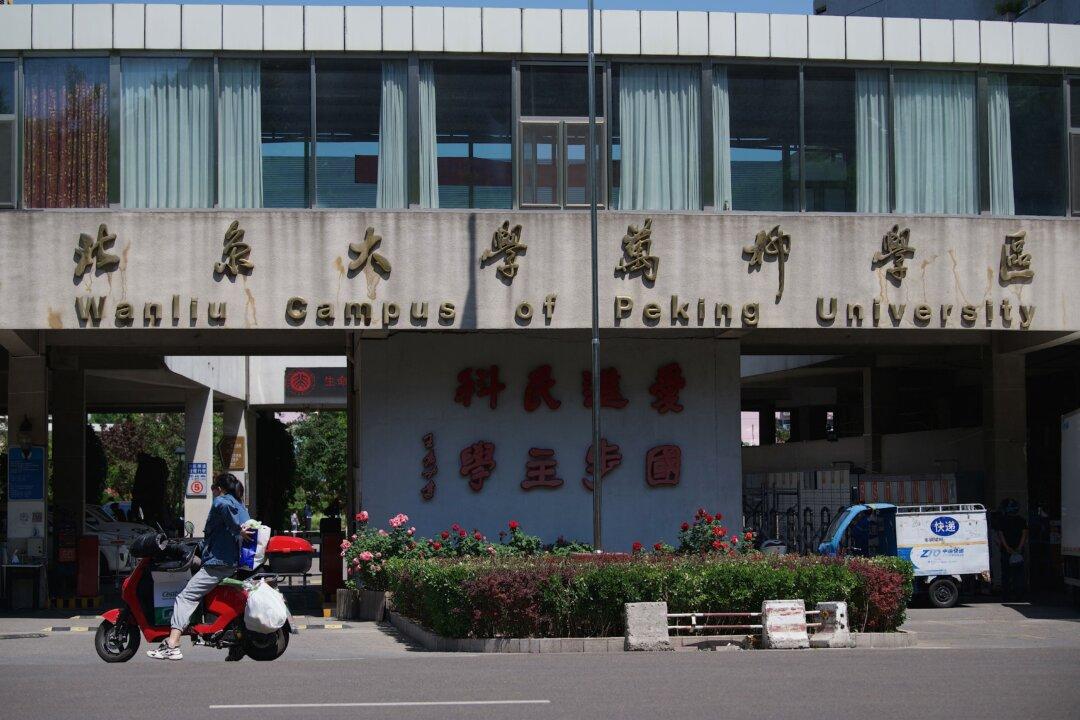Commentary
A perennial question about the rise of communist China is how much of a scientific power it has. Leaving aside politics, how to measure scientific output, impact, and quality is an incredibly difficult question.

A perennial question about the rise of communist China is how much of a scientific power it has. Leaving aside politics, how to measure scientific output, impact, and quality is an incredibly difficult question.